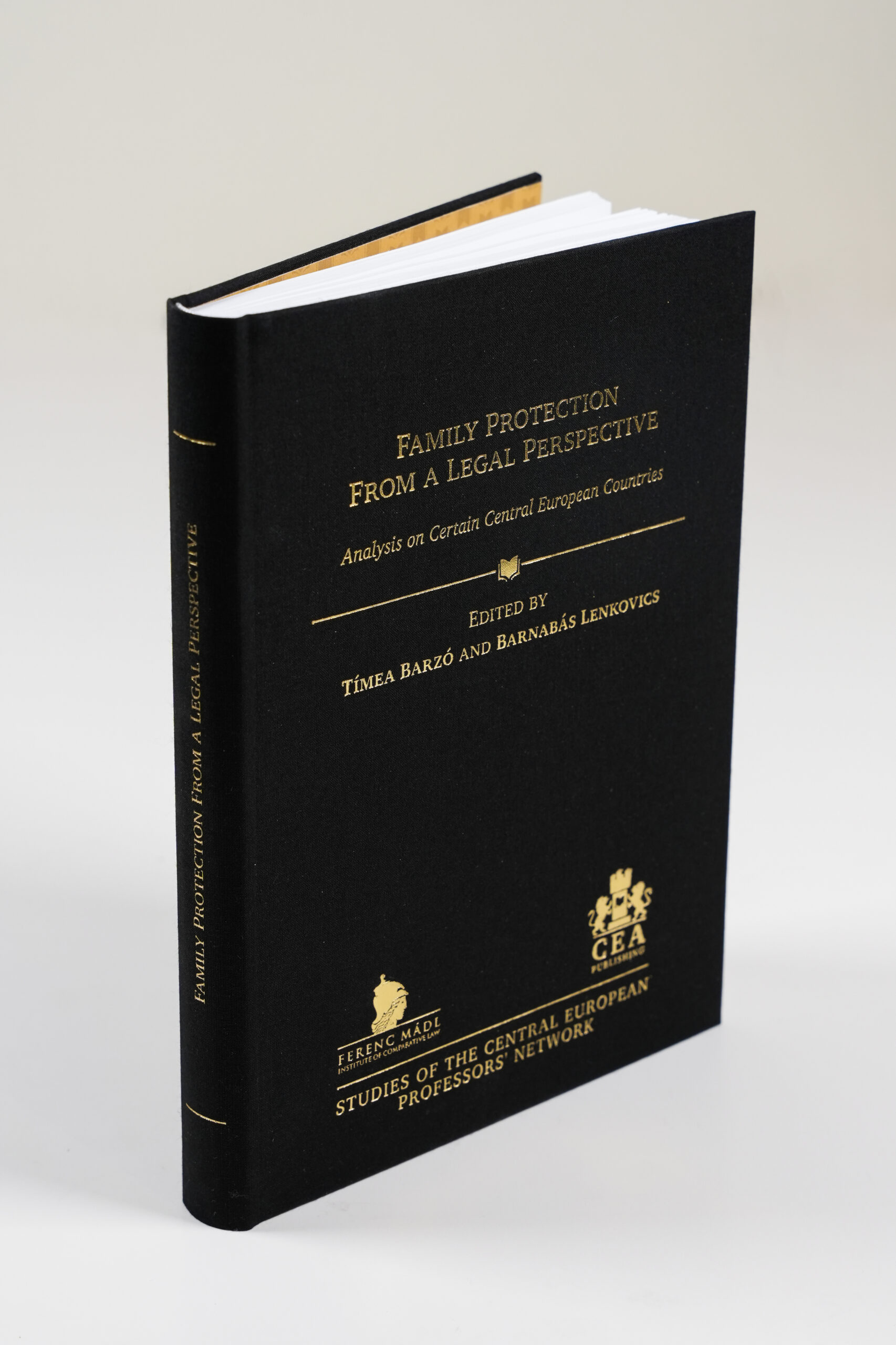One of the joint research topics of the Eastern European Professors’ Network is the “Protection of the Family in Law.” The designation of this research topic can already be regarded as a delimitation in itself, since it refers only to the grounds and optimal means of legal protection. However, if we omit this restriction on the law (when discussing “Protection of the Family”), it immediately becomes apparent how much broader the research topic is. The protection of the family dates back to the beginning of human evolution (to prehistoric times), and its toolbox originates in the natural laws that long preceded the establishment of the state and the law. In addition to law, this broad field of research can also be explored via many other disciplines (biology and ethology, generally speaking, but especially human ethology, psychology, sociology, anthropology, and cultural anthropology). Among them, we can find not only social sciences but also natural sciences. All of these are sub-fields of “science,” and their common denominator is that their subject is mankind, i.e., they are the human sciences. In its ultimate essence, “the goal of the acquisition of all human knowledge is the better self-knowledge of the man.”1 It is, therefore, expedient and useful if these research results are utilized by jurisprudence. In this sense, I try to broaden the thinking base of jurisprudence in this complex topic and to “socialscientificize,” or more generally to “scientificize” the jurisprudence, in order to avoid the accusation of “one-track thinking.”2 This is a difficult field and an unusual methodological experiment, owing to its diversified complexity. For example, “ethology analyzes human behavior as a subject of the functioning of a particular system. … The analysis of the organic system that is the basis of human social behavior is the most difficult and at the same time the boldest task, because this system is far the most complex on Earth’.3 However, the leading examples of bio-economics (in the harmonization of natural laws and economic principles) and behavioral economics (in the harmonization of the material and intangible, spiritual needs of man) prove that it is not impossible to accomplish the task. Man is a natural and social creature, living in these two systems, in their subsystems, and in their reciprocal interactions. As such, people marry and start a family, causing natural and social crises, including physical and mental crises that are both internal (self-conflicts) and external (one’s marriage partner and family), for the purpose of creating future generations.
Foreword by Barnabás Lenkovics



